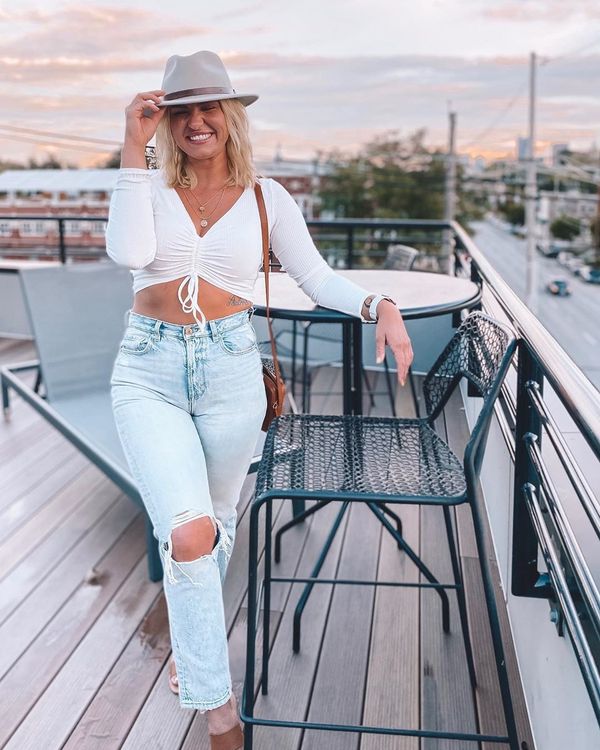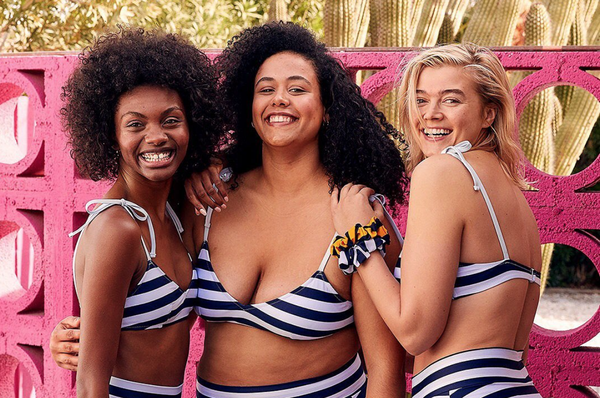In many communications, sociology, and psychology classes I took in college, we talked about the media portrayal of women. We watched films such as "Miss Representation" and discussed how Barbie dolls, Disney movies, sexist advertising, and photoshopped women in magazines present an "ideal" female body image that is ultimately unattainable. In turn, these portrayals affect the self-esteem of young girls and women in relation to their own body image.
"They're photoshopped, nobody really looks like that." OK, of course. I hope women everywhere have this knowledge that women in magazines don't actually look that way in real life. If you don't already, now you know.
But, what about her?
Social media is threatening on a new level as it gives the impression of normality. Following a user's account and seeing their posts on a daily basis, presents a more "personal" but nonetheless one-sided relationship with these celebrities. Some of them are professionals we see on TV and in advertisements. Some of them are "famous" solely due to the fact that they fit society's standards of sex appeal and take advantage of it by posting half-naked photos on Instagram. Worse yet, their photos are re-posted on "feature" accounts, such as @inlove_withfitness, where photos of petite women are mass-collected alongside pictures of fresh fruit and squat tutorials. "If I eat like this, and exercise like this, I will look like her!... Right?" (Yikes.)
Regardless, when you see a picture posted on Instagram, it almost always appears candid. This gives the illusion that the images are not professional, their subjects not altered or photoshopped beyond the adding of a filter. It implies that these women actually look that way in real life, which may or may not be the case. We don't really know, and it doesn't really matter. It still forces the idea of a singular kind of beauty into the minds of all women who see it.
When we look at women on magazine covers, we can protect ourselves from their impact with the knowledge that they are photoshopped, airbrushed, and altered in all too many ways.
However, when we are bombarded with pictures of young women who are "just like us" on Instagram and Tumblr, we no longer have that protection. "She has millions of followers because she's beautiful. I want to be beautiful like her. I want her life." And so the cycle of body shaming, eating disorders, and low self-esteem continues not only with movies, magazines, and ads, but with a new culprit: social media. Let's start that conversation.





















